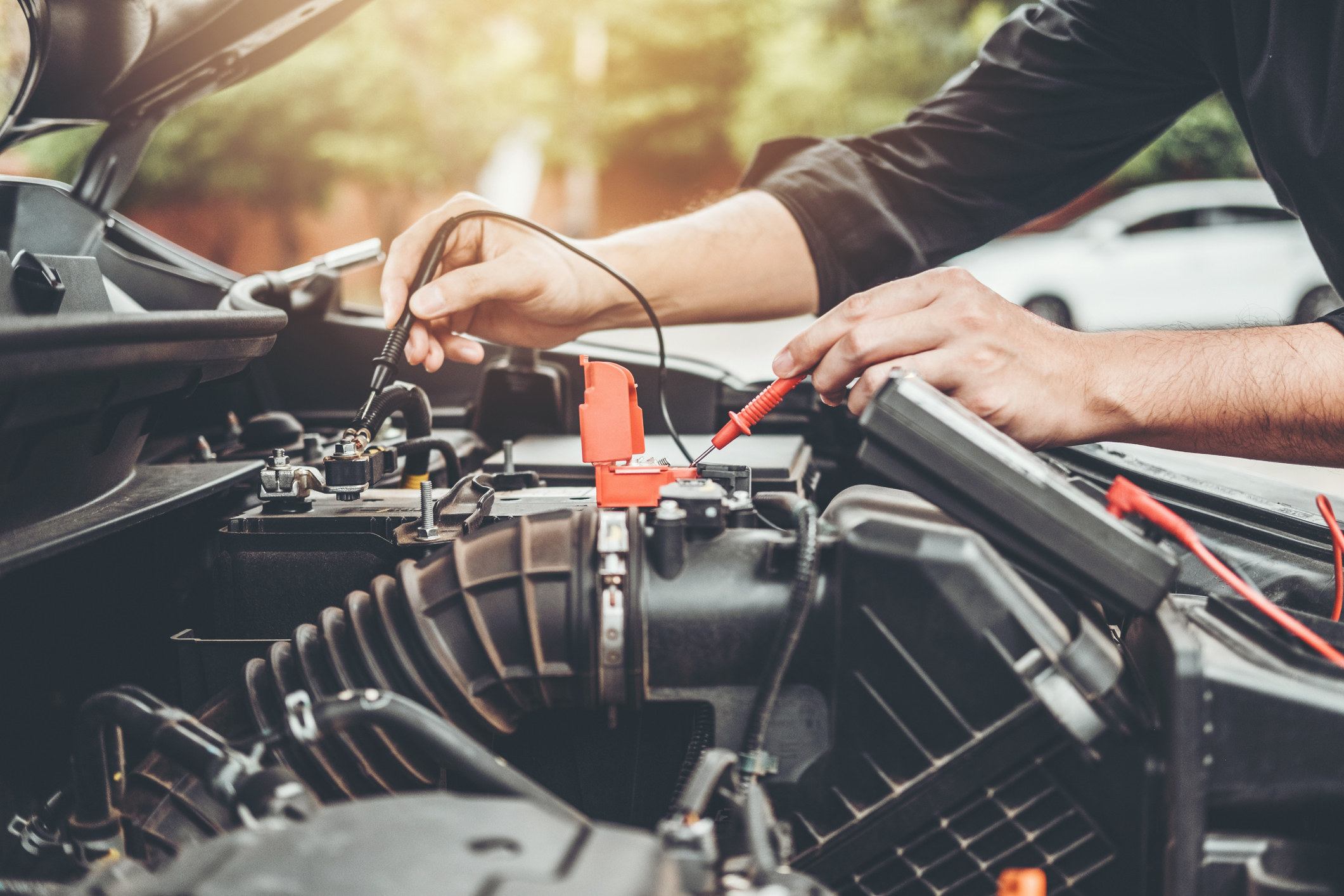All Categories
Featured

Every automobile, regardless of its make or version, requires regular maintenance to guarantee ideal performance and durability. In this post, we'll look at basic maintenance guidance for prominent auto makes and models, so you can keep your car running smoothly.
- Ford Autos: Focus on Oil and Transmission Maintenance. Ford automobiles, such as the Ford F-150, Mustang, and Escape, are developed for performance, and to keep them running at their ideal, routine oil adjustments are essential. Many Ford designs need an oil change every 5,000 to 7,500 miles, depending on the kind of oil made use of.
- Honda Automobiles: Focus On Timing Belts and Suspension Checks. Honda vehicles, consisting of the Honda Civic, CR-V, and Accord, are known for their longevity and longevity. To maintain them running efficiently, timing belt substitute is crucial, typically every 60,000 to 100,000 miles, depending on the engine. Disregarding the timing belt can lead to extreme engine damages. Suspension elements also require focus, particularly for older versions. It might be time to evaluate your struts and shocks if you listen to unusual audios or experience a bouncy experience. Routine checks of brake pads, fluid degrees, and air filters will certainly also help maintain efficiency and performance.
- Toyota Cars: Normal Fluid Checks and Tire Care. Be sure to check other liquids as well, such as coolant, brake liquid, and power steering liquid. Toyota vehicles also need regular tire maintenance; check tire stress regular monthly and rotate the tires every 6,000 to 8,000 miles to make sure even wear. If you own an older version, do not forget to check the timing belt or chain, which may require replacing every 100,000 miles.

- Chevrolet Automobiles: Pay Attention to the Exhaust System. Chevrolet vehicles, such as the Chevy Silverado, Malibu, and Equinox, are understood for their flexibility. Due to the rugged nature of some designs, specifically vehicles like the Silverado, it's important to inspect for rust or leaks, especially if you live in an area that uses road salt in winter season. The brake system also needs focus, specifically if the vehicle is used for lugging or hefty training.
- BMW Automobiles: High-Performance Take Care Of Durability. To keep your BMW in leading problem, regular upkeep is essential. Engine oil modifications must happen every 7,500 miles for most versions, yet always refer to the owner's guidebook for specifics. Air conditioning system maintenance is likewise vital, as getting too hot can lead to pricey fixings.
- Mazda Automobiles: Timing Chain and Brake Upkeep. One upkeep job Mazda owners need to maintain in mind is the timing chain, which, unlike a timing belt, normally lasts the lifetime of the engine. Brake upkeep is another important area, as brake rotors and pads can put on out much more swiftly on stylish models like the Mazda MX-5 Miata. Normal brake fluid checks are necessary for preserving brake system performance.
- Hyundai Vehicles: Emphasis on Fluid Adjustments and Tire Wellness. Hyundai vehicles, such as the Hyundai Elantra, Sonata, and Santa Fe, are understood for their value and reliability. Routine liquid modifications are required to keep the engine running efficiently, with engine oil requiring substitute every 5,000 to 7,500 miles. Transmission liquid need to be inspected and changed every 30,000 to 60,000 miles. Tires are an important part of Hyundai upkeep. Ensure that tire pressure is inspected month-to-month which tires are turned consistently to promote also use. If you drive a Hyundai SUV like the Santa Fe, evaluate the brake system a lot more regularly, specifically if the car is utilized for lugging or off-road driving.
Verdict. Each car make and version has specific maintenance needs that ought to be followed to guarantee the lorry continues to be trustworthy and efficient over time. Whether it's fluid modifications, tire turnings, or timing belt replacements, complying with a proper maintenance schedule customized to your car's brand name will assist stop significant fixings and expand the life expectancy of your car.
Latest Posts
Check Out the Best Auto Repair Offers in Montclare, Chicago
Published May 25, 25
1 min read
Recognizing When Your Car Needs Skilled Car Repair at Montclare Auto Repair
Published May 25, 25
1 min read
Secure Your Home with High Quality Residential Roof Covering
Published May 24, 25
1 min read